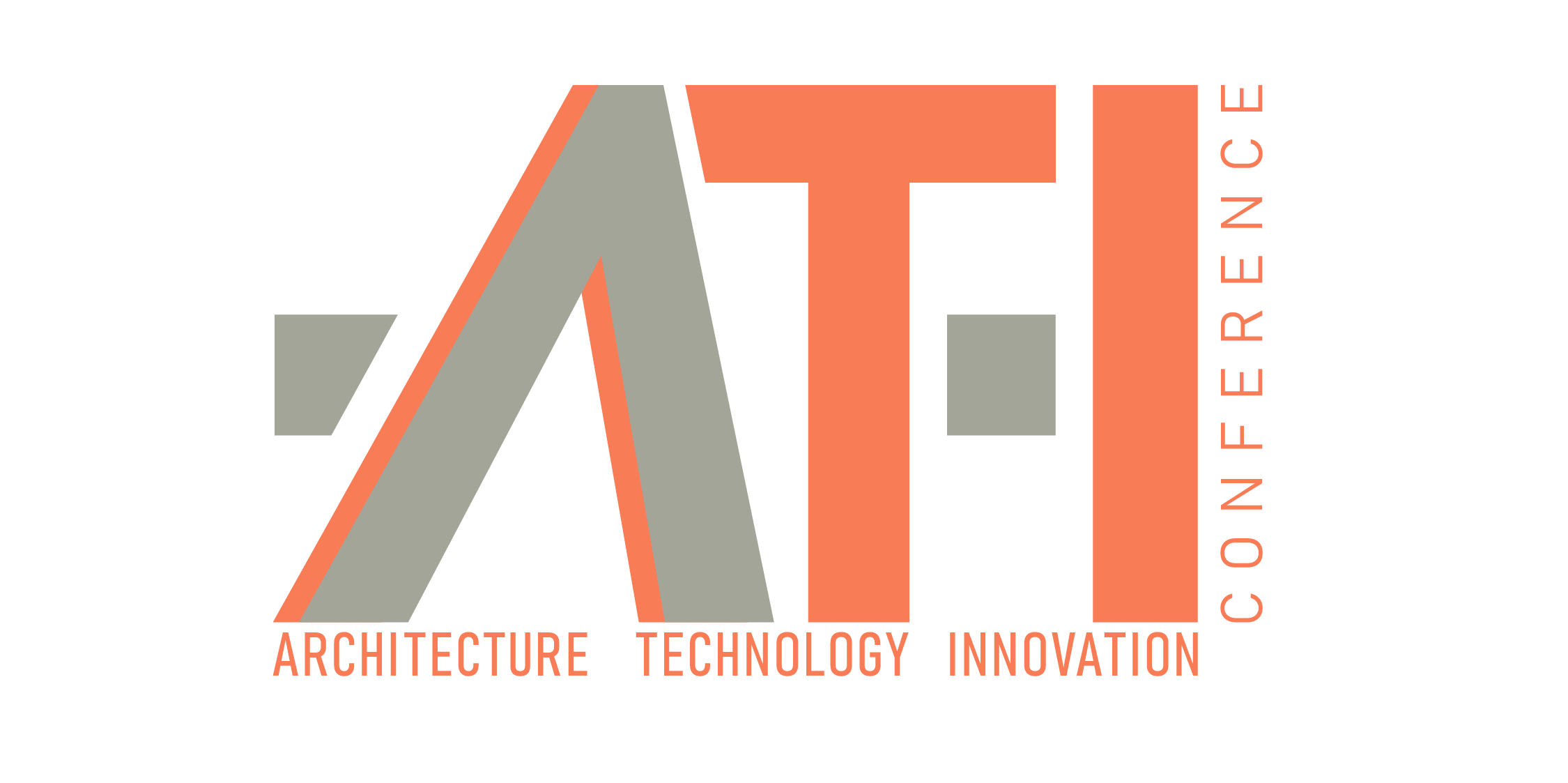Designing for Uncharted Territories
The condition of constant change is the most reliable aspect of today’s world. The rapid and groundbreaking transformations in the mutual relationship between social systems and technology have introduced uncertainty in each aspect of everyday life regarding the question of what to expect from the future. The transformation of ecosystems due to climate and demographic changes along with rapid population growth forces us to be aware of this uncertainty and leads to find new solutions for living together as a society. Regardless of technological and socio-economic achievements, communities around the world have been taken off-guard when facing sudden environmental transformations, becoming mere witnesses of their negative effects rather than active agents of a resilient architecture and urbanism.
Established social structures and political systems shatter under the pressure of these unanticipated collective experiences. Existing architectural and urban codes fall too short to deal with the vital problems of the present, let alone of the future, which with design, we should tackle urgently. Not only the practical applications of digital technologies, new materials and innovative structural systems, but also the way of thinking architecture as a discipline per se, should be reconsidered in the perspective of this uncertainty. The uncertainty that entails a departure from known everyday for uncharted territories, as both individual and community, requires a multi / inter / trans-disciplinary approach.
ATI 2021, 2nd International Symposium of Architecture, Technology and Innovation aims to provide scholars and practitioners from various backgrounds with an academic environment to question state-of-the-art tools, techniques and methodologies applied in designing built environments which will be resilient to what the future brings.
The symposium wants to discuss the answers to the following questions:
- How will state-of-the-art digital technologies change our built environments and social structures?
- What are the emergent architectural design, fabrication, material and technologies to be used in the future?
- How communities can foresee disasters and how can architecture help to anticipate a response from a design perspective?
- What disciplines must be integrated in a resilient architecture?
- How architects can design for uncertainty?
- How can architecture help communities for both anticipated design redundancy and quick post-disaster recovery?
- What would be the potential roles of the architect in the future?
- What would be the role of architecture and design in reducing human footprint on the environment?
- How does authorship in architecture change with technological developments in Artificial Intelligence?

